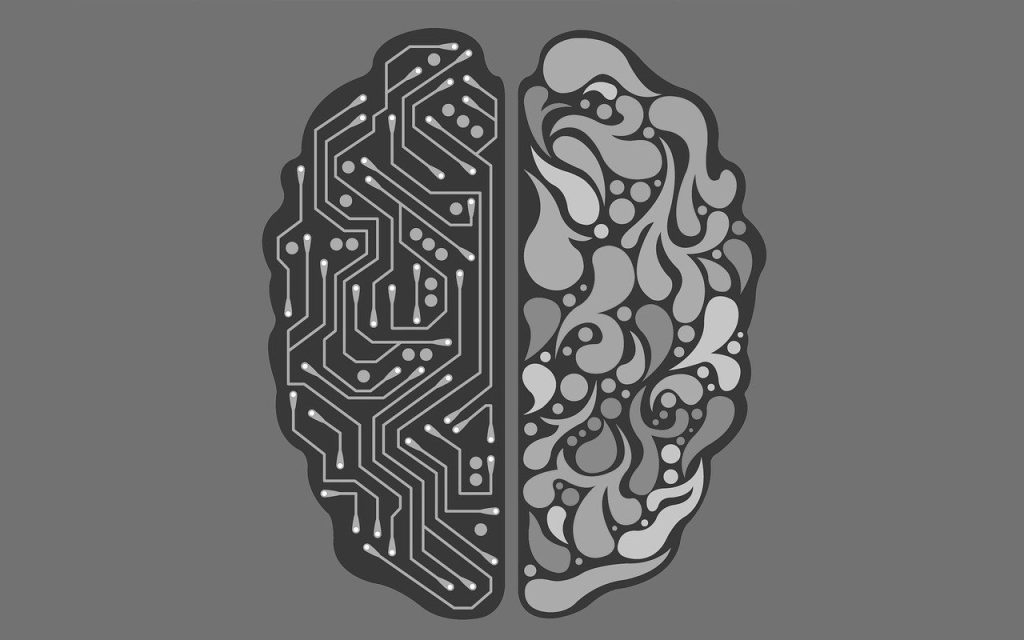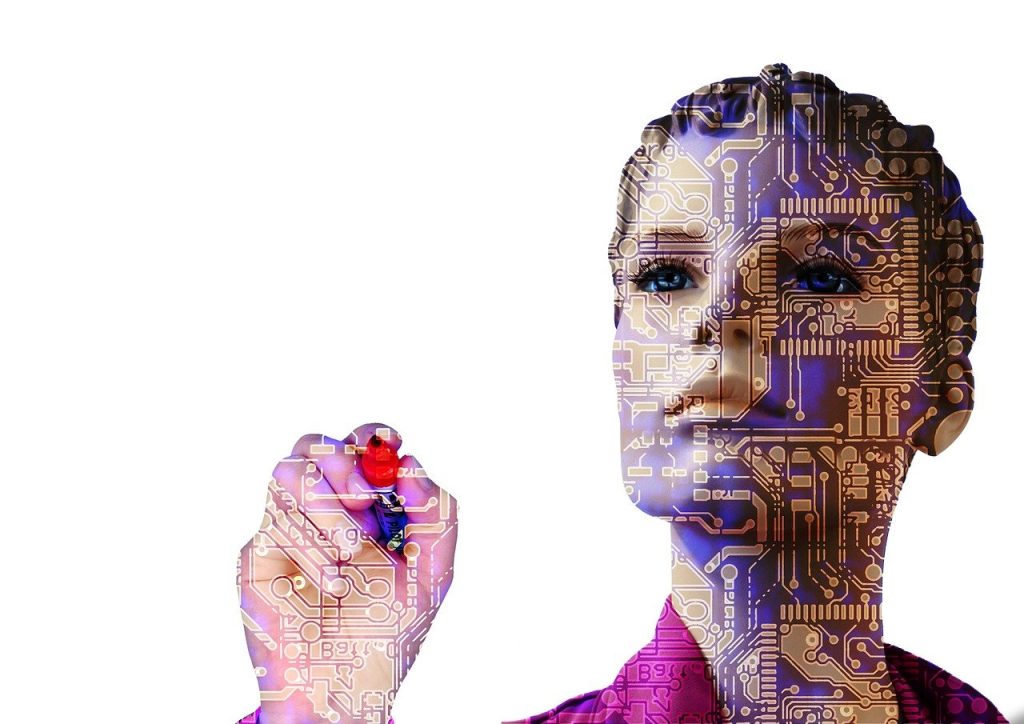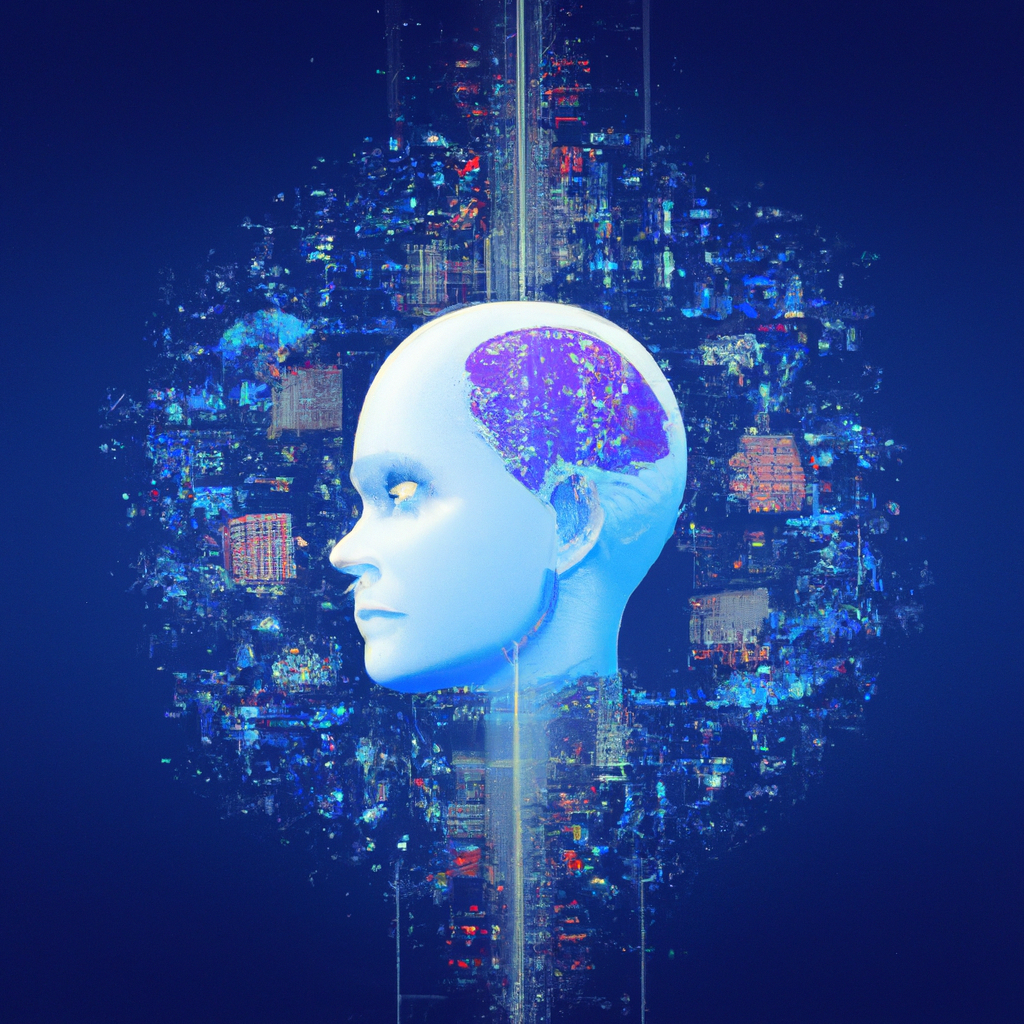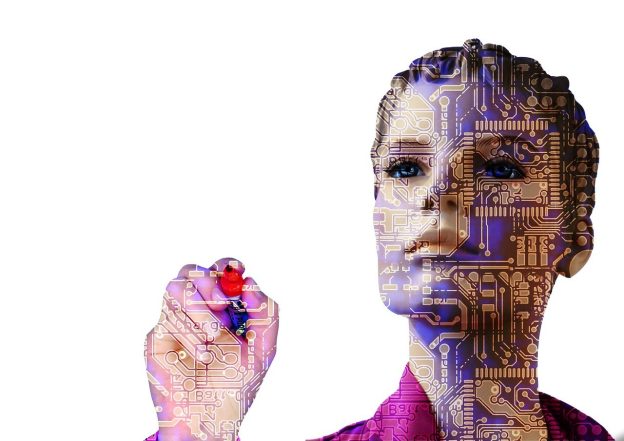So, let’s talk about the impact of AI on branding. You might be wondering, will AI actually replace branding? It’s a question that has been buzzing around in the industry for a while now. AI has certainly revolutionized many aspects of our lives, from virtual assistants to self-driving cars. And when it comes to branding, AI has the potential to completely transform the way businesses communicate with their customers. In this article, we’ll explore how AI is changing the game for brands and whether it will truly replace the traditional art of branding. So, buckle up and get ready to dive into the fascinating world of AI and its impact on the branding landscape.
The Evolution of Branding

This image is property of pixabay.com.
Traditional branding practices
Traditional branding practices have been the foundation of marketing for decades. These practices involved developing a brand’s identity, values, and messaging, and then creating consistent visuals and content to communicate that identity to the target audience. Traditional branding relied heavily on human creativity and intuition, as marketers used their skills and experience to craft a brand that would resonate with consumers.
However, traditional branding practices had their limitations. The process of creating and managing a brand was time-consuming and often required substantial resources. Brands relied on traditional advertising channels such as print, television, and radio to reach their audience. While these methods could be effective, they lacked the ability to target and personalize the messaging to individual consumers.

This image is property of pixabay.com.
The digital revolution in branding
The emergence of the internet and digital technologies in the late 20th century brought significant changes to the field of branding. With the rise of websites, social media platforms, and online advertising, brands were now able to interact directly with their audience in real time. This new digital landscape gave birth to new branding practices that focused on creating an online presence and leveraging digital channels to connect with consumers.
Digital branding opened up a world of opportunities for brands. They could now reach a global audience, engage with customers through social media, and gather valuable data on consumer behavior. The digital revolution also allowed for more targeted and personalized advertising, as brands could utilize data-driven insights to tailor their messaging to specific segments of their audience.

This image is property of pixabay.com.
The rise of AI in branding
While the digital revolution brought about significant advancements in branding, the rise of artificial intelligence (AI) is taking it to the next level. AI refers to computer systems that can perform tasks that would typically require human intelligence. In the context of branding, AI has the potential to enhance customer experiences, automate market research, create and curate content, and even manage brand reputation.
AI has already begun to transform the way brands interact with customers. Through personalization and customization, AI systems can analyze vast amounts of data to deliver personalized product recommendations, tailored advertisements, and customized experiences. This level of personalization not only improves the customer experience but also increases customer loyalty and drives sales.
Predictive analytics is another area where AI is making an impact in branding. By analyzing historical data and using algorithms, AI systems can predict consumer behavior and trends, allowing brands to make more informed decisions about their marketing strategies and investments. This data-driven approach minimizes guesswork and maximizes the effectiveness of marketing campaigns.
AI is also revolutionizing market research. AI-powered tools can collect and analyze real-time data, identify trends and patterns, and provide valuable insights that can inform strategic decision-making. This automation of market research not only saves time and resources but also enables brands to stay ahead of the competition by identifying emerging trends and consumer preferences.
In the realm of brand identity and design, AI-generated logos and visual elements are becoming increasingly popular. AI systems can analyze a brand’s target audience, industry trends, and competitor data to generate unique and visually appealing logos. Automated design tools powered by AI also help ensure consistency in branding across various platforms and mediums, creating a cohesive and recognizable brand identity.
AI is also transforming content creation and curation. AI-powered systems can generate content, such as articles, product descriptions, and social media posts, based on predefined parameters and data inputs. This automated content creation not only saves time for marketers but also ensures consistency and quality. Additionally, AI can optimize existing content by analyzing data and making data-driven recommendations for improvement, resulting in more engaging and effective messaging.
Social media marketing has greatly benefited from the integration of AI. AI-powered algorithms can analyze user data and behavior to identify the most relevant target audience for a brand’s message. This advanced audience targeting ensures that brands reach the right people with their marketing efforts, leading to higher conversion rates and ROI. AI also helps brands schedule and optimize their content on social media platforms, ensuring that the right message is delivered at the right time to maximize engagement.
Brand reputation management is another area where AI plays a crucial role. Real-time brand monitoring tools powered by AI can track social media mentions, online reviews, and news articles, providing brands with instant insights into their reputation. AI-powered sentiment analysis can analyze the tone and sentiment of online conversations surrounding the brand, allowing brands to proactively address any negative sentiment or potential crises. This proactive approach to brand reputation management helps maintain a positive brand image and builds trust with customers.
While AI presents numerous benefits and opportunities in branding, it also comes with its ethical considerations. Transparency and accountability are crucial when using AI systems in branding. Consumers should be made aware when AI is being used to personalize content or recommend products. Data privacy and security are also critical concerns, as AI relies on vast amounts of data to deliver personalized experiences. Adhering to ethical guidelines and regulations is essential to ensure that the use of AI in branding respects the rights and privacy of consumers.
Looking to the future, the potential impact of AI on human creativity is a topic of discussion. While AI systems can assist in generating content and designs, it is unlikely that they will replace human creativity entirely. Human input and intuition are still essential for crafting unique and innovative brand strategies that resonate with consumers. Finding the right balance between automation and the human touch will be key to success in an AI-driven branding landscape.
Adapting to the changing branding landscape requires brands to embrace AI and leverage its capabilities to enhance customer experiences, optimize marketing strategies, and manage their reputation effectively. As AI continues to advance, brands that embrace it will gain a competitive edge and better connect with their audience in the ever-evolving digital world.

